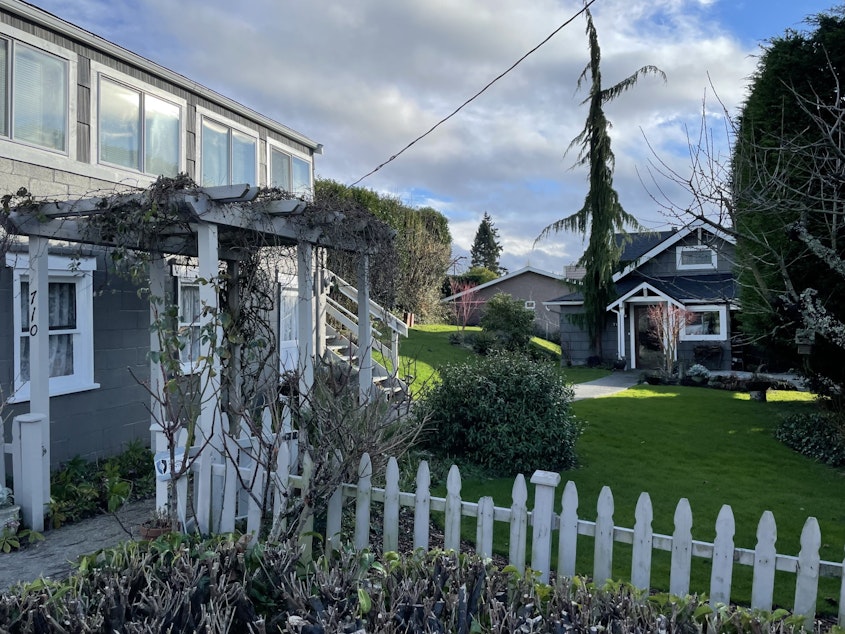Washington 'missing middle housing' bill survives in altered form

In Olympia, a major bill that would force single family zones to open up to denser development across the state survived a crucial test this week.
But it survived in an altered form.
The original version of HB 1782 aimed to make it possible for duplexes, triplexes and four-plexes to be added to single family zones, where they're currently illegal to build in many cities. The goal is to meet the need for new homes as people continue to move into Washington state.
Currently, a patchwork of local zoning laws has failed to produce housing at that level.
The bill still has more hurdles to pass before it has the potential to become law.
Senator Mona Das said she’s happy the bill survived, because you "can’t negotiate a dead bill."
"You know, I'm hoping we can keep the bill alive with a solution that's actually going to do something. I mean, there's no reason to pass a bill that has no legs to it."
Sponsored
While a companion version of the bill died in the state Senate, the House version survived Republican efforts to torpedo it, including one amendment that would have exempted all cities except Seattle.
But it was bipartisan opposition from mayors that led to alterations of HB 1782. Senator Das says she’s talking with the mayors in her jurisdiction — Auburn, Kent and Covington — along with Representative Jessica Bateman and the Association of Washington Cities, to see what kind of compromise they can reach.
Most of the mayors KUOW has spoken to who oppose the bill claim to support it in spirit, but feel it needs work, including Seattle's Mayor Bruce Harrell. That messaging suggests compromise is possible, though different mayors have different definitions of what level of compromise would be reasonable.
It's unclear at this time exactly how the bill has been altered, and whether its current form is weaker or stronger, though readers can try to parse the text of the substitute bill online.
The bill's next hurdle is next Tuesday, when Representative Jessica Bateman says it must be "pulled to the floor and voted on" in the House Rules Committee.


